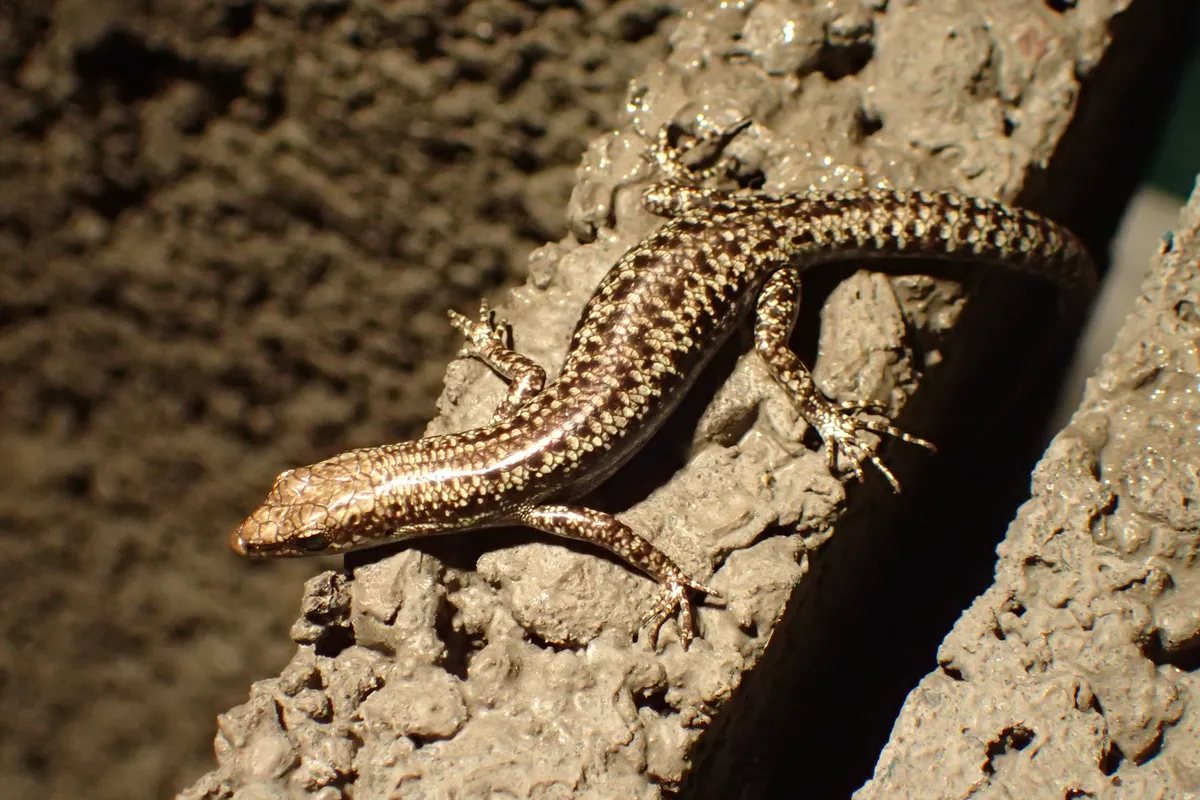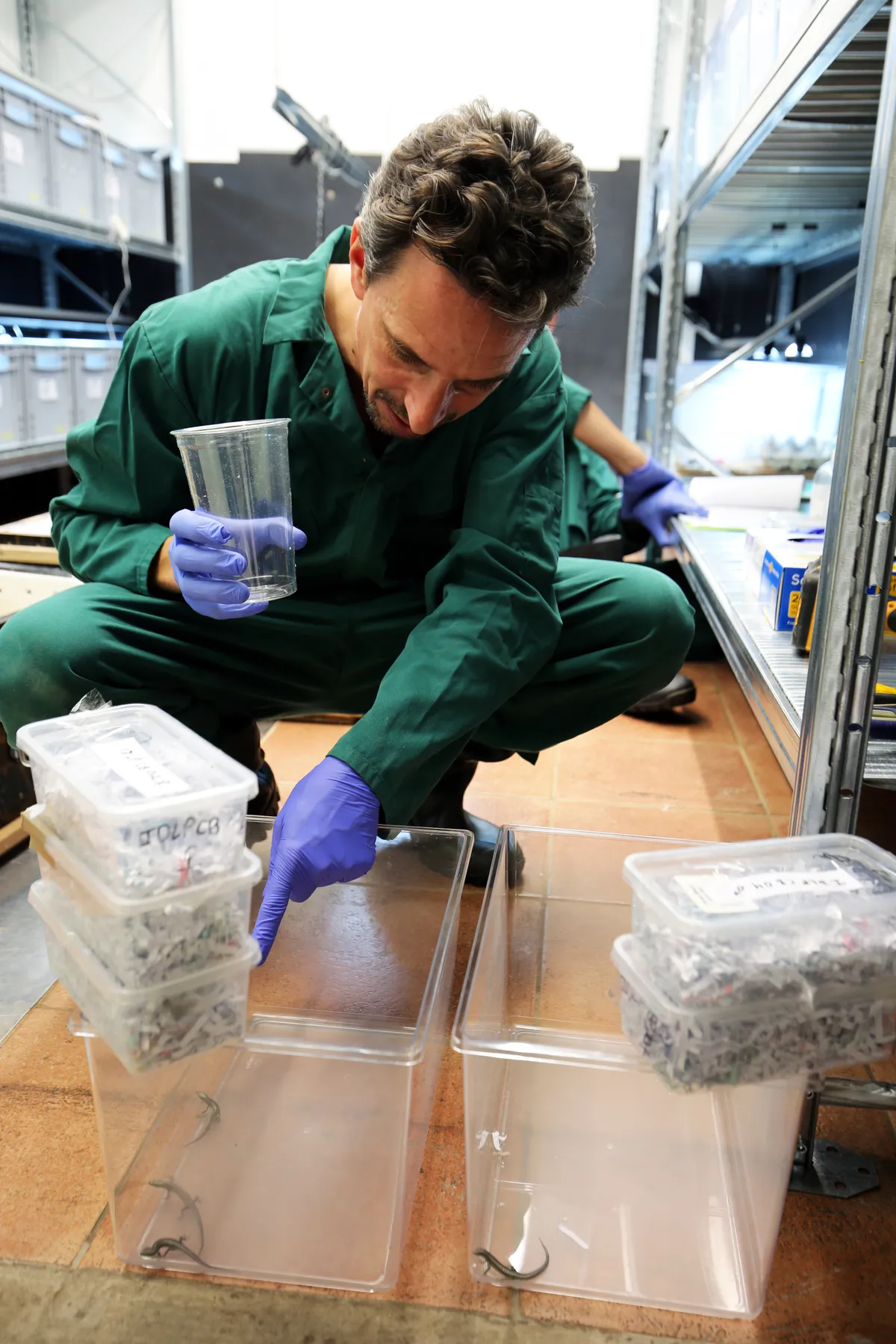On 25 July, the freighter MV Wakashio ran aground near the Mauritian islands, and within days had leaked 1,000 tonnes of fuel oil into the ocean, causing devastation to the unique flora and fauna, and delicate ecosystems of the islands — home to some of the world’s rarest species.
On 15 September, to ensure the species’ future survival, two crates of endangered reptiles arrived at their new home in Jersey.
Lesser night geckos, Bojer’s skink, and Bouton’s skink, all found on the southeast islands of Mauritius, were identified as being in danger of extinction due to the damage caused by the spill.
Unique to these islands, the reptiles are the only surviving colony globally. Just a few hundred reptiles of each species survive on the country’s southeast islands, where they play a crucial role in the ecosystem, as predators, prey of other threatened animals, and as pollinators and seed dispersers of threatened plant species.

Enabling their rescue, particularly set against the challenge of the global pandemic, required collaboration between multiple organisations.
Conservationists from Durrell Wildlife Conservation Trust, Mauritian Wildlife Foundation (MWF), BirdLife International, National Parks and Conservation Service of Mauritius (NPCS), and Forestry Service have been working to combat the impacts of the spill, and together have enabled the emergency rescue of these endangered species, along with support of the Jean Boulle Group.
In order to save them from extinction, the reptiles were captured and moved to a temporary bio-secure holding facility on the mainland. But the ultimate goal in ensuring these species’ survival, was to move them to Jersey Zoo, where ‘safety net’ populations can be established.
Here, under the expert care of leading herpetologists, the animals’ offspring and future generations can eventually be released into the wild.

“To ensure the long-term viability of these species it was vital that they were urgently moved to Jersey Zoo, which has over 40 years’ experience maintaining Mauritian reptile populations in captivity and which has world class herpetological and veterinary expertise,” explained Dr Nik Cole, Durrell’s Islands Restoration Manager.
“This is their only chance of survival as the facilities to maintain these reptiles and keep them safe from predators, foreign parasites and disease, long-term, is not currently available in Mauritius. Two of these species have never been held in captivity before, which highlights the expert care required for these animals.”
While the long-term impacts of the oil spill are not yet fully understood, the reptiles have a lifeline at Jersey Zoo, where they can remain protected away from the disaster zone until it is safe for them to return.
Main image: Bojer's skink is endemic to Mauritius, but while it was once widespread across the islands, it is now critically endangered. © Durrell Wildlife Conservation Trust